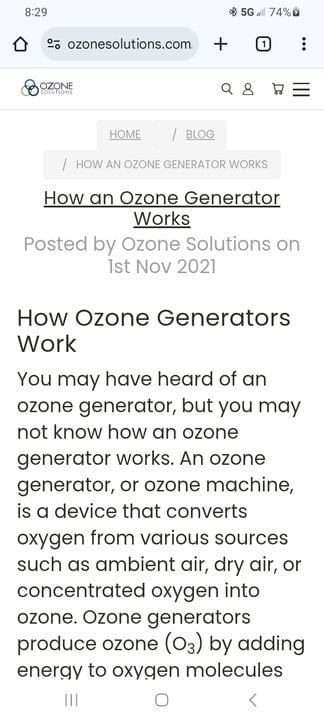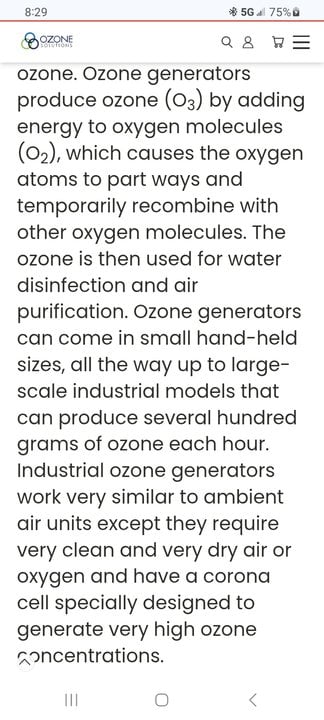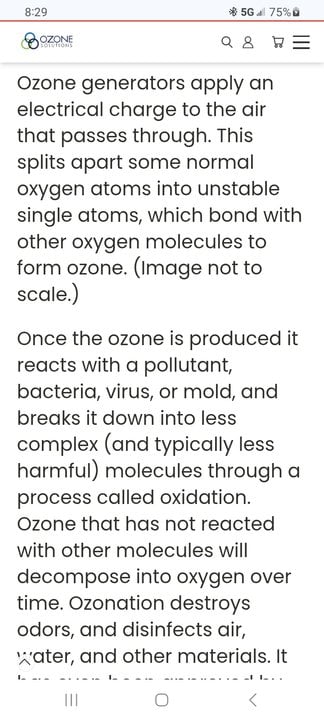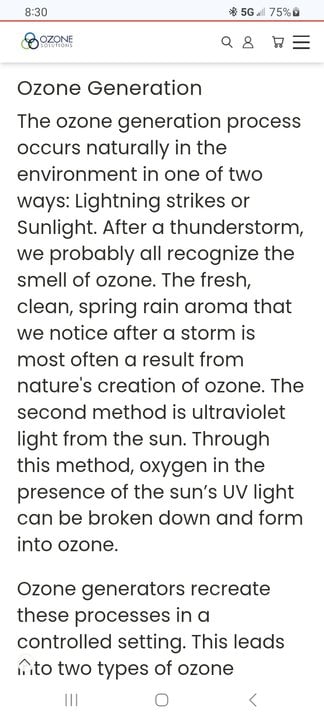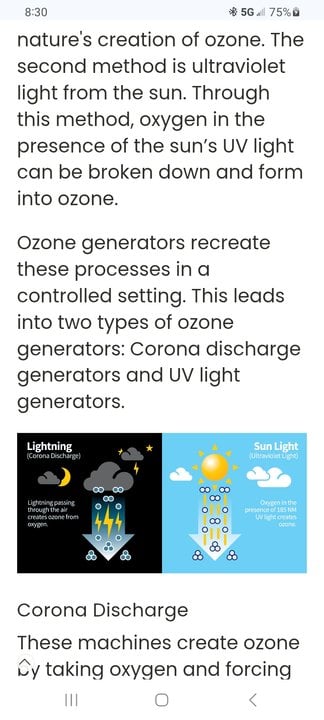There doesn’t happen to be any rocket scientists here, are there? No really??????
Alright, cards on the table — I’m not a physicist or an engineer. I’ve just got one of those brains that won’t leave me alone when it latches onto a “what if topic”.
For the last couple months I’ve been chatting with ChatGPT about plasma/laser/magnetic propulsion ideas. Half the time I don’t know what I’m talking about, but the conversations have been wild.
It knows all about physics and tells me why or why not my ideas will or will not work using it's knowledge.
Here’s the itch I can’t shake:
I’ve learned that most plasma/ion thruster experiments use noble gases like argon or xenon. Makes sense — they’re stable, safe, and predictable.
But has anyone ever tried ozone (O₃) or oxygen-rich plasmas for propulsion? I get that ozone is nasty for lungs and chews up hardware and did I mention kill you?, but doesn’t the reactivity maybe couple with plasma and magnetic fields in a way argon just… can’t?
I even found, well ChatGPT did:
A U.S. patent (US6145298A) describing an ion engine that uses oxygen and creates ozone as a byproduct.
A 2024 simulation study suggesting oxygen species (O and O₂) could outperform xenon in certain plasma thrusters.
So now I’m wondering: is ozone a complete no-go for rock-solid reasons, or is it just something avoided because it’s “too messy” compared to inert gases?
So chatGPT found me a forum for rocket scientist, believe it or not, but they have a gate keeper question that neither I nor ChatGPT can figure out the answer to.
So without the magic handshake answer I can't ask real NASA rocket science type this question.
So maybe if you don't know about plasma thrust stuff maybe you know what Mechzilla's arms called???
The answer isn't arms I will say. LOL
Thanks for any responses all are welcome. :-)
For the last couple months I’ve been chatting with ChatGPT about plasma/laser/magnetic propulsion ideas. Half the time I don’t know what I’m talking about, but the conversations have been wild.
It knows all about physics and tells me why or why not my ideas will or will not work using it's knowledge.
Here’s the itch I can’t shake:
I’ve learned that most plasma/ion thruster experiments use noble gases like argon or xenon. Makes sense — they’re stable, safe, and predictable.
But has anyone ever tried ozone (O₃) or oxygen-rich plasmas for propulsion? I get that ozone is nasty for lungs and chews up hardware and did I mention kill you?, but doesn’t the reactivity maybe couple with plasma and magnetic fields in a way argon just… can’t?
I even found, well ChatGPT did:
A U.S. patent (US6145298A) describing an ion engine that uses oxygen and creates ozone as a byproduct.
A 2024 simulation study suggesting oxygen species (O and O₂) could outperform xenon in certain plasma thrusters.
So now I’m wondering: is ozone a complete no-go for rock-solid reasons, or is it just something avoided because it’s “too messy” compared to inert gases?
So chatGPT found me a forum for rocket scientist, believe it or not, but they have a gate keeper question that neither I nor ChatGPT can figure out the answer to.
So without the magic handshake answer I can't ask real NASA rocket science type this question.
So maybe if you don't know about plasma thrust stuff maybe you know what Mechzilla's arms called???
The answer isn't arms I will say. LOL
Thanks for any responses all are welcome. :-)







